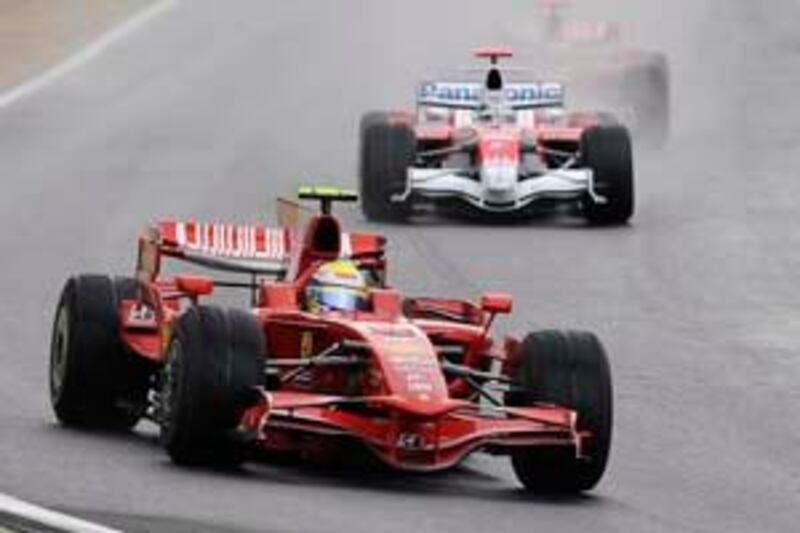World motor sport's governing body, the FIA, have agreed to award the Formula One world drivers' championship to the driver with the most race wins from this season onwards. The governing body's World Motor Sport Council (WMSC) have agreed to the proposal from Bernie Ecclestone's Formula One Management to award the championship to the driver with most race wins, although there is no provision to award medals. Under the new system, Ferrari's Felipe Massa would have won the 2008 championship instead of Lewis Hamilton of McLaren. The Brazilian driver won six grand prix races to Hamilton's five. If two or more drivers finish the season, which climaxes with the inaugural Abu Dhabi Grand Prix in November, with the same number of wins, the title will go to the driver with the most points, based on the current system. The remainder of the standings, from second to last place, will be decided by the current points system, with the constructors' championship unaffected. The WMSC rejected an alternative option from the Formula One Teams' Association to change the points awarded to drivers finishing first, second and third to 12, nine and seven points respectively. The FIA have also agreed to introduce a voluntary budget cap from 2010 of £30million (Dh155m) per two-car team as the sport seeks ways to further tighten its belt. The aim is to make it easier for new teams to enter F1, as well as allow existing teams to participate on much reduced budgets should they so choose. In essence teams will have a choice between the current freedom to spend, but adhere to the existing technical constraints, or enjoy a new degree of freedom to innovate technically, but with a severely restricted budget. sports@thenational.ae
The winner takes all
Formula One's governing body, the FIA, agrees to award the world drivers' championship to the driver with the most race wins.

Editor's picks
More from the national




